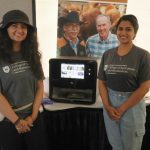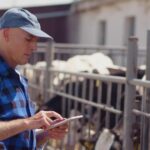A troublesome policy and regulatory environment, extreme weather, and trade barriers are the issues keeping Canadian agriculture professionals awake at night. That’s according to a joint report from the Canadian Agri-Food Policy Institute (CAPI) and the University of Saskatchewan’s Global Institute for Food Security on risk in Canada’s agrifood system.

















